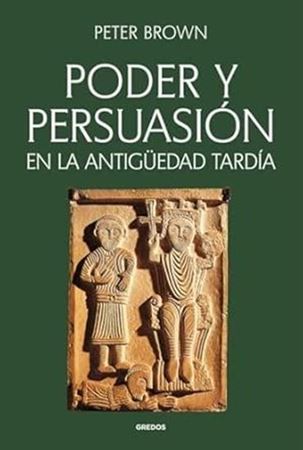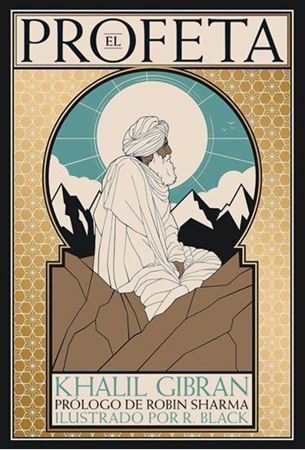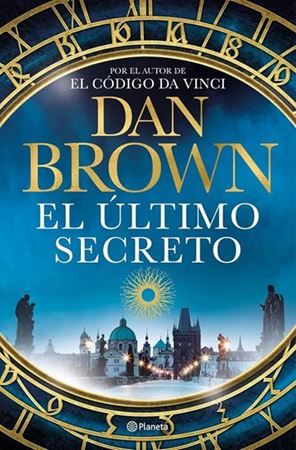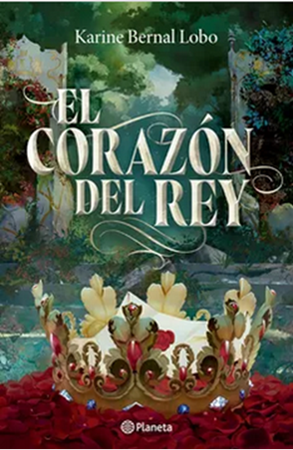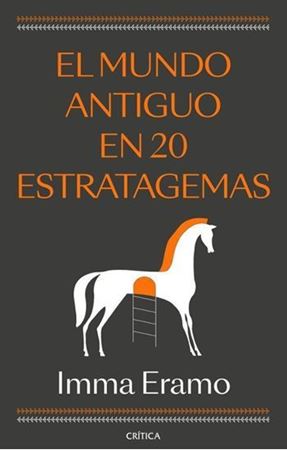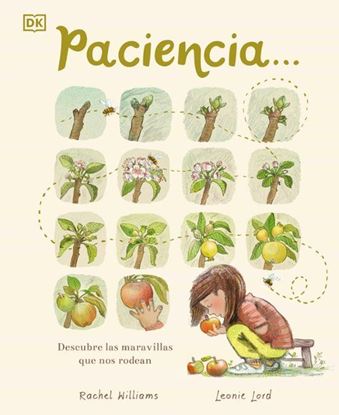

NOVEDADES
MI PRIMER LIBRO DE CRIATURAS FANTASTICA
¿Sabes que existen sirenas con alas? ¿Y elefantes con muchas trompas? ¿Cómo se llama la criatura que tiene tres cabezas de tres animales diferentes? ¿Y el gigante que tiene un solo ojo?
Conoce las criaturas más asombrosas de todo el mundo, desde hadas y sirenas hasta dragones,monstruos y unicornios. Un libro lleno de preciosas y coloridas ilustraciones y textos entretenidos en cada página.
1,300
1,040
PACIENCIA
El concepto de tiempo a veces es difícil de entender para los más pequeños. Desde un solo minuto hasta un siglo completo: tu corazón late, los árboles crecen y los seres humanos viven toda una vida.
¿Cuánto tarda en crecer una manzana? ¿Cuánto tiempo pasan los osos hibernando? ¿Cuánto tarda la luz del Sol en llegar a la Tierra? ¿Cuántas veces late tu corazón en un minuto?
Este emocionante libro te enseñará que hay un tiempo para cada cosa.
1,250
1,000
CUMPLEAÑOS DE LA SELVA (MAR BENEGAS)
Un divertido álbum rimado para recordar
que nuestras diferencias son lo que nos une
y que lo más importante es la compañía de nuestros amigos.
Es un día especial para Mada y todos están ilusionados:
¿cuál será la mejor idea para celebrar su cumpleaños?
¿Podrán organizar una fiesta bestial que se convierta en la más genial?
700
560
MIRA LO QUE HAS LOGRADO
Gala está convencida de que su profesora tiene superpoderes. Basta con que ella se acerque y diga las palabras mágicas: ¡Agrismal roquehado! para que todo se solucione. Pero ¿cómo va a tener superpoderes una profesora?
Este es el primer cuento de Montse para los más pequeños. A traves de una historia llena de imaginación, la autora cuenta a las familias y a la clase el secreto de cómo niños y niñas pueden hacer las cosas por sí mismos solo con un poco de acompañamiento y guía. Una pista: ¡no se necesitan palabras mágicas!
1,250
1,000
CHISTES BUENOS DE VERDAD
Aquí encontrarás chistes sobre el cole, deportes, animales… pero también sobre vampiros, robots ¡y hasta de videojuegos!
Chistes para partirte de risa tú solo y para hacer reír a quien quieras.
850
680
VISIONES
Thea Fox tiene la vida que siempre quiso. Se ha convertido en una reconocida diseñadora de videojuegos, un trabajo que le ha permitido regresar a Redbud Hollow, el lugar donde transcurrió su infancia, junto a su querida abuela. Cuando descubre que su nuevo vecino es su amor platónico de la adolescencia, el guapo cantante líder de la banda Code Red, parece que la vida no puede ser mejor. Sin embargo, el camino para llegar hasta ahí no ha sido fácil. Thea, como su abuela, tiene una habilidad especial que le permite llegar a la mente y el alma de las personas. A veces, incluso puede ver el futuro. Para su abuela es un don, pero ella, desde el día en que presenció el asesinato de sus padres en un sueño, lo siente como una maldición. Gracias a su visión, la policía pudo atrapar al hombre que lo hizo y ponerlo entre rejas.
1,450
1,160


